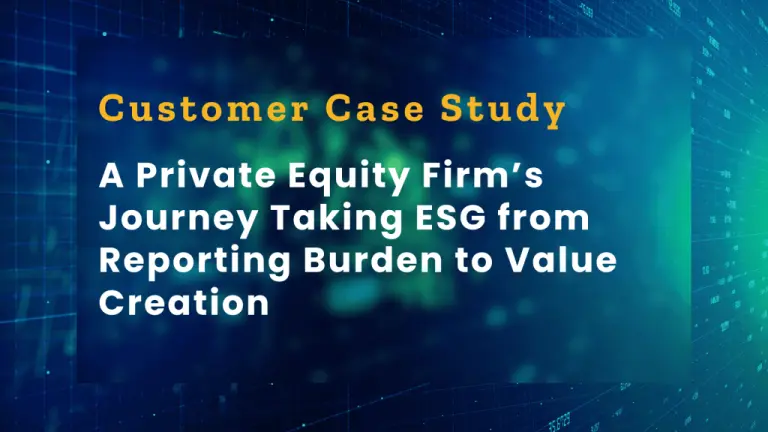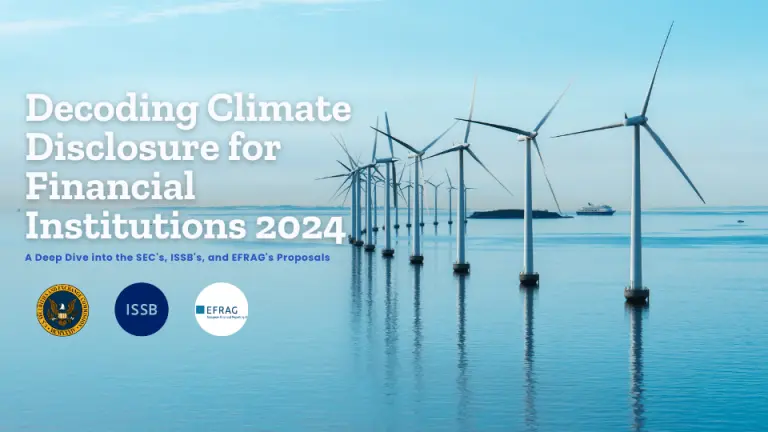Who Should the Economy Really Serve?
Share:

The rallying cry of the American Revolution – no taxation without representation – is today taken as self-evident but deserves a re-examination in light of the climate crisis and sustainable development and ESG efforts. In fact, it could be argued that the whole field of sustainability is an example of taxation without representation.
Who is taxed without representation?
The environment is taxed (without representation) by rampant consumerism, habitat destruction and the relatively unchecked power of big business interests. Society is taxed (without representation) by inequality, injustice and poor working conditions. And governments claim that they are taxed by constant criticism.
Let’s try to put this tax into numbers: McKinsey and Company found that global financial stock was set to surpass $200 trillion by 2010, and probably hovers close to $300 trillion today. Needless to say, this stock has grown faster than world GDP, mostly as a result of outpaced debt expansion. But our natural capital is only valued at $17-33 trillion. So who is paying the difference?
One could argue the difference is supplied by the “tax” paid by environment and society. After all, someone has to pay for this rapid financial expansion. And yet, management theory as a discipline largely ignores environmental or “non-human” actors. This has created an equal and opposite reaction within the field of sustainability management, with environmentalists leading the charge against the financial sector.
The roots of financial institutions
We should not forget that the roots of financial institutions were socially motivated and originally focused on the provision of liquidity, allocation of capital and facilitation of economic and social progress. Given the central and dominant role business plays in every society, should it not then be responsible to that society?
Elaborating on the idea that finance should serve society first, Jim Hawly and Jon Lukomnik assert that the primary purpose of finance in the asset management industry is not to make money, but rather that making money is a necessary condition of the industry. They write, “Absent profit, the industry would cease to exist and the risk mitigation and intermediation, which do serve society, would stop. But we should not confuse an essential input into self-perpetuation for the industry, with the industry’s societal purpose, which is to serve the provider of the funds it manages.”
Our current institutions and economic models are designed around neo-classical economics and our current model of innovation is contradictory to sustainable development. The role of management is to provide an enabling environment for innovation to flourish from the bottom-up, to build bridges between sustainability and finance. Governments and the private sector must give sustainable finance a serious seat at the table so that the majority of the $300 trillion stock of global capital can return to its true roots – serving society and the environment.
Management and sustainability
Our current institutions and economic models are designed around neo-classical economics and our current model of innovation is contradictory to sustainable development. The role of management is to provide an enabling environment for innovation to flourish from the bottom-up, to build bridges between sustainability and finance. Governments and the private sector must give sustainable finance a serious seat at the table so that the majority of the $300 trillion stock of global capital can return to its true roots – serving society and the environment.
ESGTree offers advanced ESG data management solutions harnessing the power of the cloud. Our automated platform is specifically geared to help private equity (PE) and venture capital (VC) firms manage their ESG data collection, analysis and reporting needs. Additional features such as our carbon calculator, benchmarking technology, and other trends and analysis features make ESGTree one of the most advanced SaaS solutions to ESG reporting for private investors.


